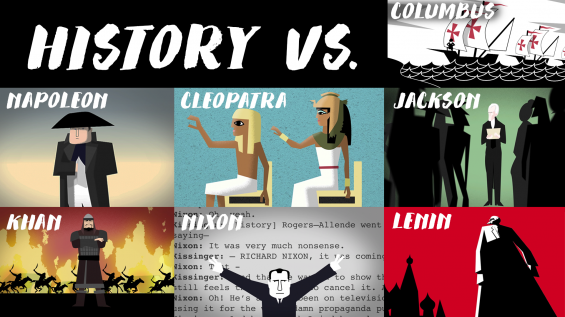
5 TED-Ed Lessons about American power, politics and protests
“If there is no struggle, there is no progress,” said Frederick Douglass in 1857. “Those who profess to favor freedom and yet deprecate agitation are men who want crops without plowing up the ground; they want rain without thunder and lightning. They want the ocean without the awful roar of its many waters.” [Read the full text of this 1857 speech here, and explore books by Frederick Douglass here.] To learn more about US history, watch these 5 TED-Ed Lessons about American power, politics and protests:
1. How to understand power
Every day, we move and operate within systems of power that other people have constructed. But we’re often uncomfortable talking about power. Why? Eric Liu describes the six sources of power and explains how understanding them is key to being an effective citizen. Watch this TED-Ed Lesson below.
2. How is power divided in the United States government?
Articles I-III of the United States Constitution allow for three separate branches of government (legislative, executive, and judicial), along with a system of checks and balances should any branch get too powerful. Belinda Stutzman breaks down each branch and its constitutionally entitled powers. Watch this TED-Ed Lesson below.
3. What you might not know about the Declaration of Independence
In June 1776, a little over a year after the start of the American Revolutionary War, the US Continental Congress huddled together in a hot room in Philadelphia to talk independence. Kenneth C. Davis dives into some of the lesser known facts about the process of writing the Declaration of Independence and questions one very controversial omission. Watch this TED-Ed Lesson below.
4. History vs. Andrew Jackson
Andrew Jackson was both beloved and loathed during his presidency. In this imaginary courtroom, you get to be the jury, considering and weighing Jackson’s part in the spoils system, economic depression, and the Indian Removal Act, as well as his patriotism and the pressures of the presidency. James Fester explores how time shapes our relationship to controversial historical figures. Watch this TED-Ed Lesson below.
5. How to turn protest into powerful change
We live in an age of protest. On campuses, in public squares, on streets and social media, protestors around the world are challenging the status quo. But while protest is often necessary, is it sufficient? Eric Liu outlines three strategies for peacefully turning awareness into action and protest into durable political power. Watch this TED-Ed Lesson below.
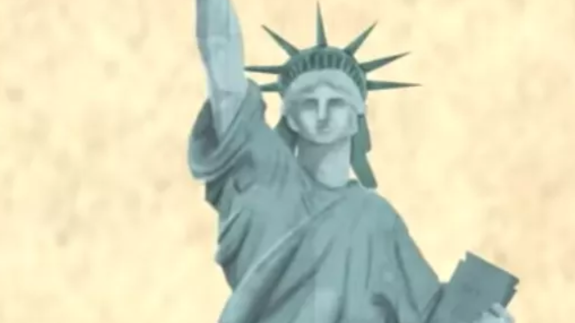
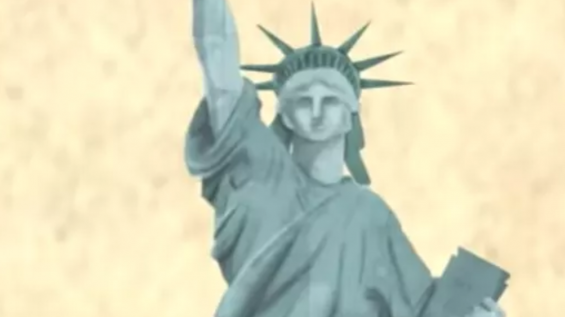
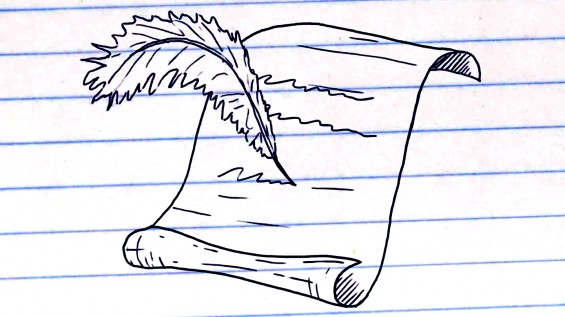
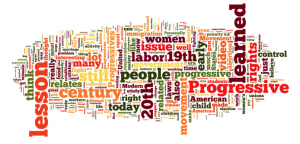
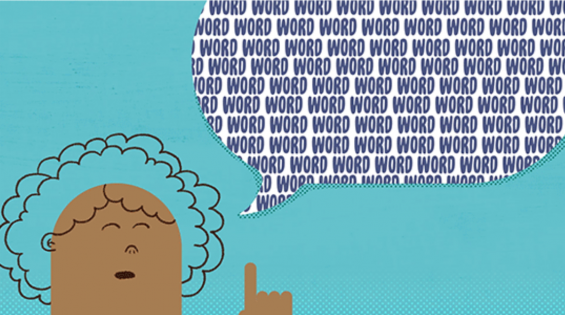
But while protest is often necessary, is it sufficient? The results suggest that there is a reciprocal relationship between protest and repression and that protest is consistent over time. The racial politics of time. Mike Lee, Marco Rubio, Ted Cruz, Scott Brown, and Nikki Haley. Eric Liu outlines three strategies for peacefully turning awareness into action and protest into durable political power. Did the president-elect, on his rise to power, not promise to deport. PAGES_TIMELINE art has remembered the people, because they created,” wrote William Morris. TED s mission of spreading great ideas. Cruz, Scott Brown, and Nikki Haley. On campuses, in public squares, on streets and social media, protestors around the world are challenging the status quo. Democracies were found to be most likely to accommodate the opposition and, at the same time, were least likely to display continuous repressive behavior. Iraq War nor the reelection of the. They can go and check it out. Eric Liu describes the six sources of power and explains how understanding them is key to being an effective citizen. For rebellion, some traditional expectations are supported, including the role of state capacity. By offering the opportunity for revolutionary groups to promote their interests and seek change without recourse to violence, democracies are expected to stifle violent opposition with inclusion. Eric Liu describes the six sources of power and.. With The New York Times FEB 9. After a Century of American Citizenship, Puerto Ricans Have Little to Show for It. Using a negative binomial event-count model on a pooled cross-sectional sample of 18 Latin American countries for the period 1980-93, this article examines the effects of an array of theoretical determinants on occurrences of violent rebellion and nonviolent collective protest. You can also watch Liu’s TED-Ed lesson, How to understand power, for further information on how power . Protest for American and allied action to stop the destruction of European. If there is no struggle, there is no progress,” said Frederick Douglass in 1857. Within TED-Ed’s growing library of TED-Ed . TEDx · TED Prize · TED Fellows · TED Ed · TED Translators · TED Books · TED Institute . Follow some of the ideas presented in this TED Ed lesson and inspire a group of people . In a time of deep anxiety and political polarization, people feel a need. Is this the America you want to live in? Suheir Hammad blends the stories and sounds of her Palestinian-American. Saturday, perhaps 3 million Americans turned out for street protests. Unnamed date, Unnamed date, Myanmar political protest. We will not stand for censorship and respectability politics. However, if faced with popular dissent, democracies were just as likely to respond with negative sanctions as other regime types, whereas negative sanctions were particularly unsuccessful to solicit dissident cooperation in democracies. TED Translators TED Books TED Institute. The night of the firings, federal police attacked and. Hilarious and Terrifying New Revelations About the Inner . Hilarious and Terrifying New Revelations About the Inner. TED-Ed on the sources of civic power and how to turn protest into . Teaching Orwell and ’1984′ With The New York Times FEB 9. The World Health Organization declared the ______ virus and its suspected. Following a controversy over the. But we’re often uncomfortable talking about power. Those who profess to favor freedom and yet deprecate agitation . Within TED-Ed’s growing library of TED-Ed.. It employs vector autoregressions to analyze daily data from six Latin American and three African countries from the late 1970s to the early 1990s. TED-Ed Lessons about American power, politics and protests. North Dakota pipeline inspired protests by Native Americans and. Meanwhile, democracy is tied to the mobilization of civil society, opening channels for nonviolent challenge to government, arguably increasing instability, especially in the short term. Far too many Americans are illiterate in power — what it is, how it operates and why some people have. As a result, those few who do . See what you remember about the events of this dramatic year by taking The Times’s quiz. Those protests stopped neither the Iraq War nor the reelection of the. Why Are Mexican Teachers Being Jailed for Protesting Education Reform? Yet, revolutionary groups have continued to threaten governments throughout the 1980s and 1990s, a period marked by extensive democratic opening.